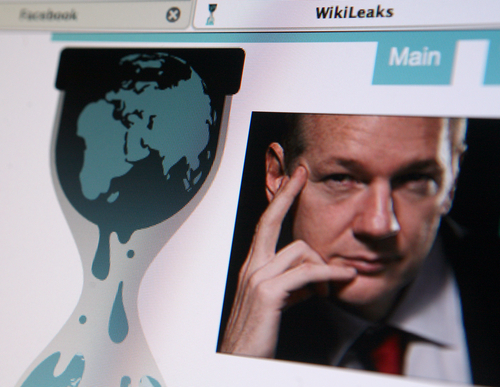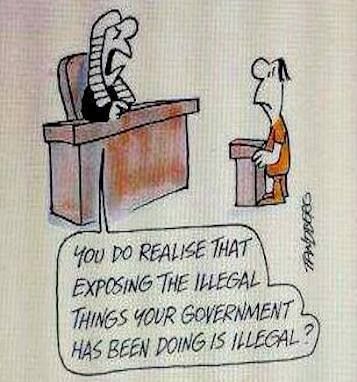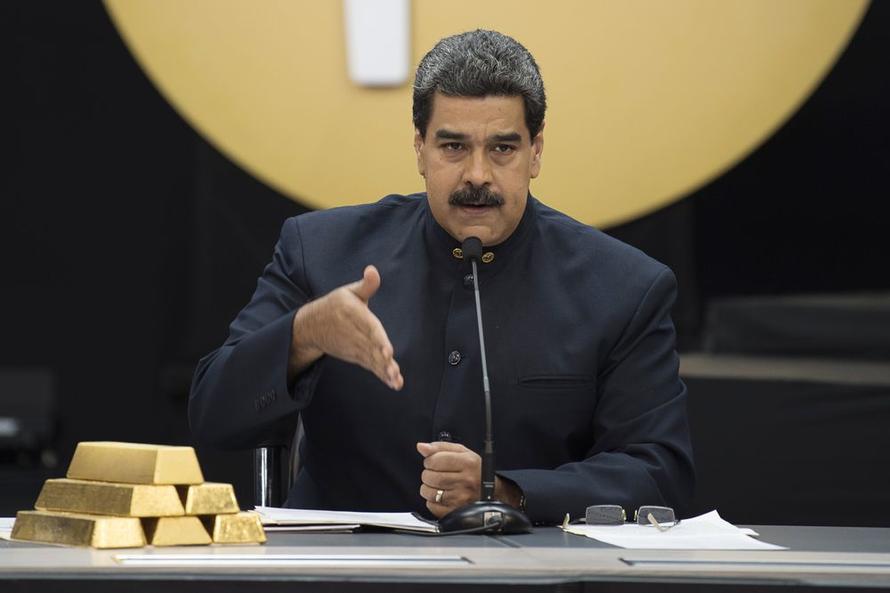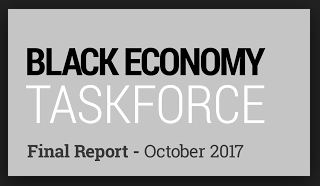
A resurgence in nationalistic tendencies has been predominately associated with the advents of Brexit and Donald Trump’s presidency. But have these outcomes meant that we now neglect to give due consideration to the years that preceded the supposed breakdown of the ‘rules based global order‘?
It was in Davos at the 2013 World Economic Forum – three years before the UK voted to leave the European Union – that IMF head Christine Lagarde warned an audience of bankers and economists of the dangers of renewed protectionism:
- If we look at openness, and we see that the situation is improving, you can be absolutely sure that nations will revert to their natural tendency of hiding behind their borders, of moving toward protectionism, of listening to vested interest and will forget about transcending those national priorities. It is not the way to go.
Of paramount importance, according to Lagarde, was the removal of barriers, particularly in terms of global trade. By observing the climate in the present day, trade has become a central pillar of geopolitical disorder in the manner of ‘Trump’s Trade War‘ with China and the potential for supply chains between the UK and the EU to be compromised in the wake of Brexit.
In 2014, Lagarde returned to Davos to speak to delegates about something she called ‘reset‘. Keep in mind at this point that the world was still over two years away from Brexit and Trump’s ascension to power. There had yet to be any discernible rise in what is today characterised throughout the media as ‘populism‘.
Sharing a platform with Bank of England governor Mark Carney and European Central Bank President Mario Draghi, Lagarde explained what this reset would entail in regards to monetary policy.
…click on the above link to read the rest of the article…





















